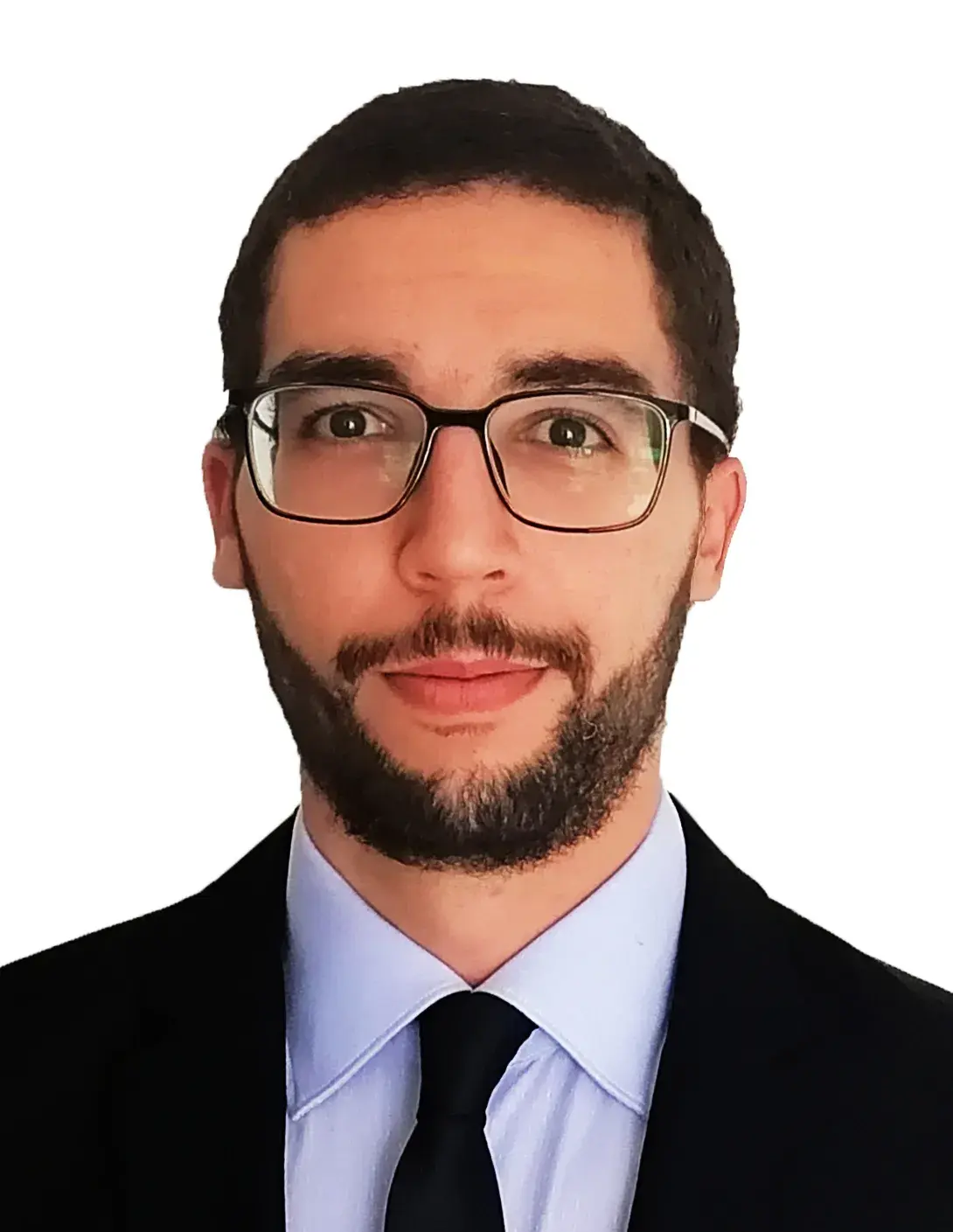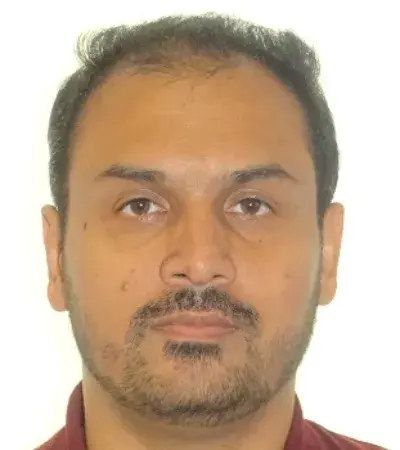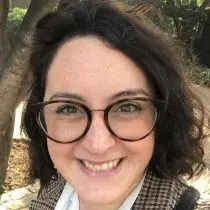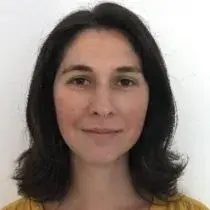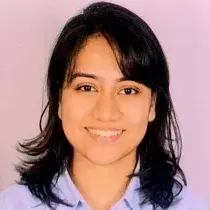
Practical information
Type of programme
Full time
Duration
5 years
Tuition fees
€99,750
Location
Sophia Antipolis (France)
Language
English
Start date(s)
September
Admission level
Master degree
Degree
Doctoral
Overview
The PhD in Management at SKEMA is a highly selective, five-year, full-time programme offering six tracks:
- Strategy and Innovation
- Finance and Accounting
- Analytics and Operations
- Marketing
- Sustainability
- Artificial Intelligence for Business
The programme tracks consist of four specialisations (Strategy and Innovation; Finance and Accounting; Analytics and Operations; Marketing) and two concentrations (Sustainability; Artificial Intelligence for Business). All coursework is common during the first year of study across all tracks. In the second year, students follow advanced specialisation-specific courses. Candidates applying to the Sustainability or AI for Business concentrations must also choose one of the four specialisations.
The programme is designed to provide doctoral students with a solid foundation in the skills and knowledge required to conduct cutting-edge theoretical and empirical research. Coursework spans the first two years of the programme and is taught entirely in English at SKEMA’s Sophia Antipolis campus. Admission to the third year is conditional upon successfully completing all required coursework and passing comprehensive examinations at the end of the second year. From the third year onwards, students may move to the SKEMA campus where their PhD advisor is located. The programme is offered on a full-time basis, and students are expected to be regularly present on campus.
Successful graduates receive a PhD degree from SKEMA Business School as well as a French state doctoral degree awarded by Université Côte d’Azur (UniCA).
SKEMA faculty members are internationally renowned scholars who regularly publish in top-tier academic journals, including Econometrica; Quarterly Journal of Economics; American Economic Review; Journal of Political Economy; Management Science; Journal of Finance; Journal of Financial Economics; Organization Science; Strategic Management Journal; Research Policy; MIS Quarterly; Journal of Consumer Research; European Journal of Operational Research; Mathematical Programming; Transportation Research Part E; Transportation Science. The School’s extensive seminar programmes enable students to interact with leading researchers from around the world. This vibrant research environment prepares students for the academic job market by equipping them with the skills needed to teach at top business schools and publish in leading academic journals.
The programme selects highly qualified applicants with strong research potential. Candidates are required to hold a Master’s degree in a relevant field. All admitted candidates receive full financial support, which is sufficient to cover living expenses. Tuition fees are fully waived. SKEMA also provides financial support for conference participation and visiting research stays at partner institutions.
Graduates of the programme have secured tenure-track positions at internationally renowned universities (e.g., University of Amsterdam, McGill University, Grenoble Ecole de Management) as well as highly competitive postdoctoral fellowships (e.g., at University College London, University of California, Los Angeles, and LMU Munich).
Programme Management
Track leaders
Programme Content
First Year
The first year of coursework in SKEMA’s PhD in Management programme is common across all six tracks and consists of foundational courses in core areas of management and research methods.
List of courses:
- Preliminaries (mathematics and coding)
- Philosophy of research, epistemology, and research design
- Probability and statistics
- Microeconomics
- Sociology and social psychology
- Corporate finance
- Econometrics and machine learning
- Strategy
- Theories of the firm and organisation
- Entrepreneurship
- Governance and ethics
- Foundations of artificial intelligence for management
- Foundations of sustainable development
Second Year
Second-year courses are specific to each track.
At the end of the second year, students must successfully pass comprehensive examinations in order to be eligible to continue in the programme.
Third Year and Beyond
From the third year onwards, students may relocate to the SKEMA campus where their PhD advisor is based. The third, fourth, and fifth years of the programme are primarily dedicated to doctoral thesis research and writing.
Students are integrated into the relevant SKEMA research centres and are expected to participate actively in all research activities (e.g., seminar series). They are also required to attend PhD-related events (e.g., paper development workshops) and to present their research at peer-reviewed academic conferences. Opportunities to visit partner universities relevant to the thesis topic may also be offered.
Admissions
The programme has one intake per year, in September.
Applications for the 2026–2027 academic year are now open across all six tracks. The application deadline is February 15, 2026, at 23:59 CET.
The application package must be submitted by email as a single .zip file to: admissions-phd@skema.edu
The application package should include:
- A cover letter describing the applicant’s motivation for joining the PhD programme and clearly identifying the chosen track. Applicants to the Sustainability or AI for Business concentrations must also indicate a secondary track among the four specialisations (Strategy and Innovation; Finance and Accounting; Analytics and Operations; Marketing).
- Copies of all relevant degrees (Bachelor’s and Master’s diplomas)
- Curriculum vitae
- Proof of proficiency in English (e.g., TOEFL or IELTS scores, or proof that a previous Bachelor’s or Master’s degree was completed in English)
- GRE and/or GMAT scores (not required, but encouraged)
- A research proposal (maximum 5 pages) demonstrating the applicant’s ability to conduct academic research in a relevant field
Two letters of recommendation from researchers familiar with candidates academic experience should be sent to the same e-mail address by the recommending faculty before the deadline. These letters should not be included in the package sent by the applicant.
For any questions not addressed on this website, please contact the PhD Programme Director, Professor Zakaria Babutsidze, at zakaria.babutsidze@skema.edu.
Fees and financing
Admitted students receive full funding from SKEMA Business School for the duration of five years. Additional financial support is provided for conference participation.
In the first year, students receive a scholarship. In the second, third, and fourth years, funding is provided through a combination of teaching and research assistantships. Overall financial support is competitive.
Tuition Fees
Tuition fees for the PhD in Management programme are set at €99,750 for the full five-year duration.
SKEMA waives all tuition fees for all students admitted to the PhD in Management programme on a competitive basis.









